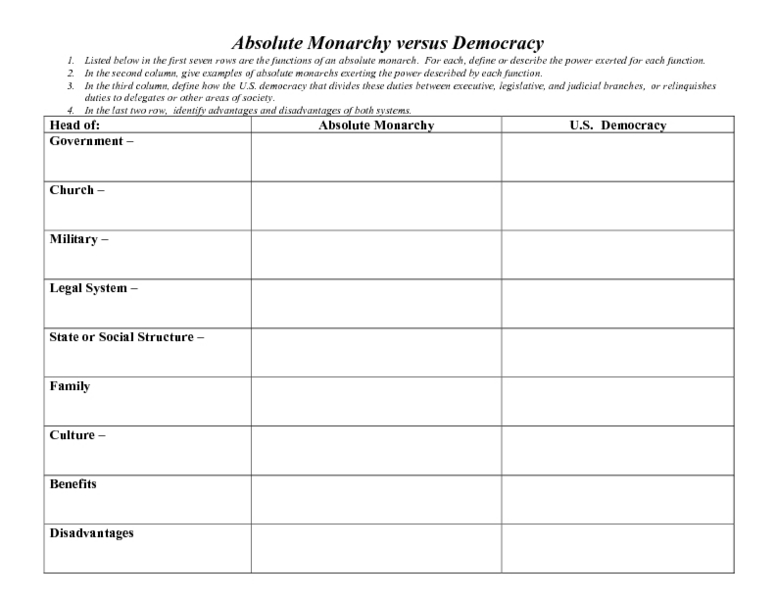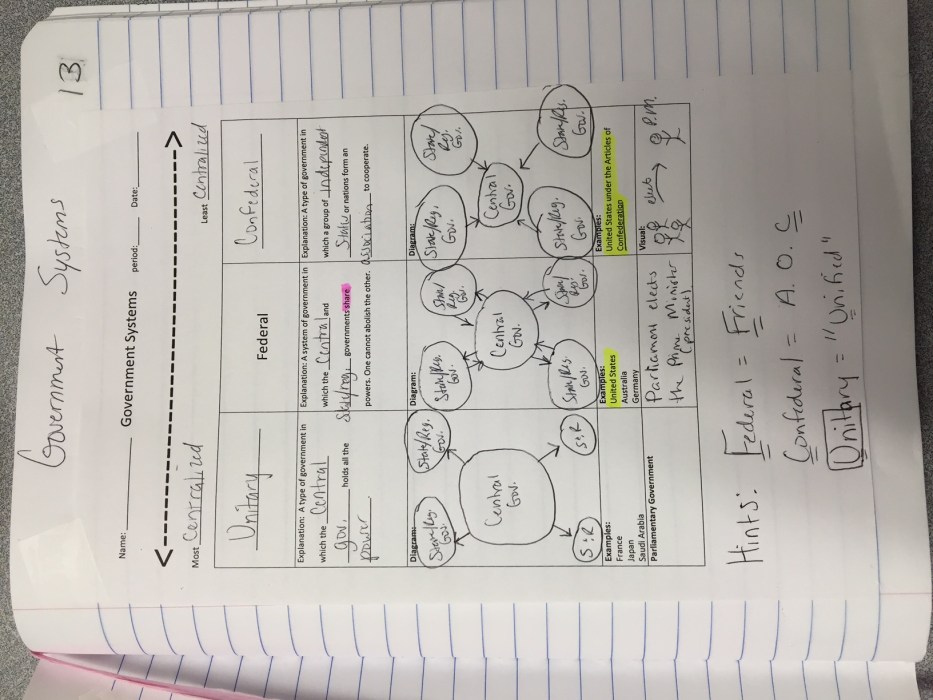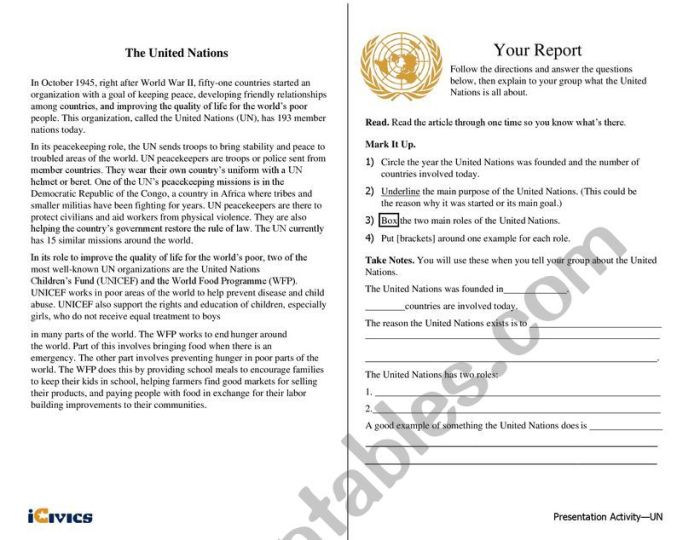Interest groups icivics answer key – The Interest Groups I-Civics Answer Key offers a comprehensive guide to understanding the intricate world of interest groups and their profound impact on the political landscape. Delve into the depths of this captivating topic, where we explore the diverse roles, tactics, and ethical considerations that shape these influential entities.
Interest groups, the driving forces behind policy advocacy, play a pivotal role in shaping public discourse and influencing decision-making processes. This comprehensive guide unveils the inner workings of these organizations, shedding light on their strategies, relationships with policymakers, and the multifaceted challenges they face.
Interest Groups

Interest groups are organizations that represent the interests of a particular segment of society. They seek to influence government policy in order to promote their members’ goals. Interest groups play a vital role in the political process by providing policymakers with information and expertise, and by mobilizing their members to support or oppose specific policies.There
are many different types of interest groups, including:
- Trade associations, which represent businesses in a particular industry
- Labor unions, which represent workers in a particular industry
- Professional associations, which represent professionals in a particular field
- Citizen groups, which represent the interests of citizens on a particular issue
- Religious groups, which represent the interests of religious communities
Influence of Interest Groups, Interest groups icivics answer key
Interest groups use a variety of methods to influence policy, including:
- Lobbying, or directly contacting policymakers to advocate for their positions
- Campaign contributions, or donating money to political candidates who support their interests
- Grassroots mobilization, or organizing their members to contact policymakers and express their support or opposition to specific policies
- Litigation, or filing lawsuits to challenge government policies that they believe are harmful to their interests
Interest groups also build relationships with policymakers by providing them with information and expertise, and by offering their support in electoral campaigns.
Interest Groups and Public Policy
Interest groups have a significant impact on public policy. They can help to shape the agenda of policymakers, and they can influence the content of legislation and regulations. Interest groups can also block or delay the passage of legislation that they oppose.For
example, the National Rifle Association (NRA) is a powerful interest group that advocates for gun rights. The NRA has been successful in blocking the passage of gun control legislation, even though there is strong public support for such measures.
Evaluating Interest Groups
There are a number of criteria that can be used to evaluate the effectiveness of interest groups. These include:
- The size of the group’s membership
- The amount of money the group has available to spend
- The group’s access to policymakers
- The group’s ability to mobilize its members
- The group’s reputation
It is important to note that not all interest groups are equally effective. Some groups are more successful than others in achieving their goals.
FAQ Compilation: Interest Groups Icivics Answer Key
What is the primary function of interest groups?
Interest groups serve as organized entities that represent specific interests or constituencies, aiming to influence public policy and decision-making processes.
How do interest groups influence policy?
Interest groups employ various tactics to influence policy, including lobbying, campaign contributions, public relations, and grassroots mobilization.
What are the ethical considerations surrounding interest group activity?
Ethical concerns arise when interest groups engage in deceptive practices, exert undue influence, or undermine democratic principles.

